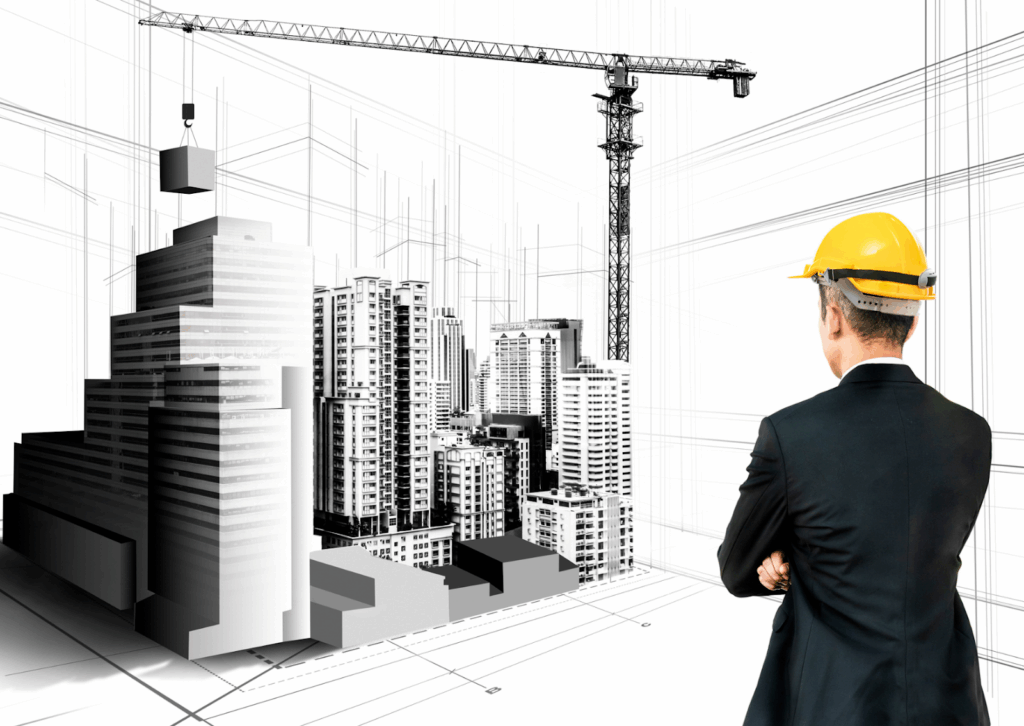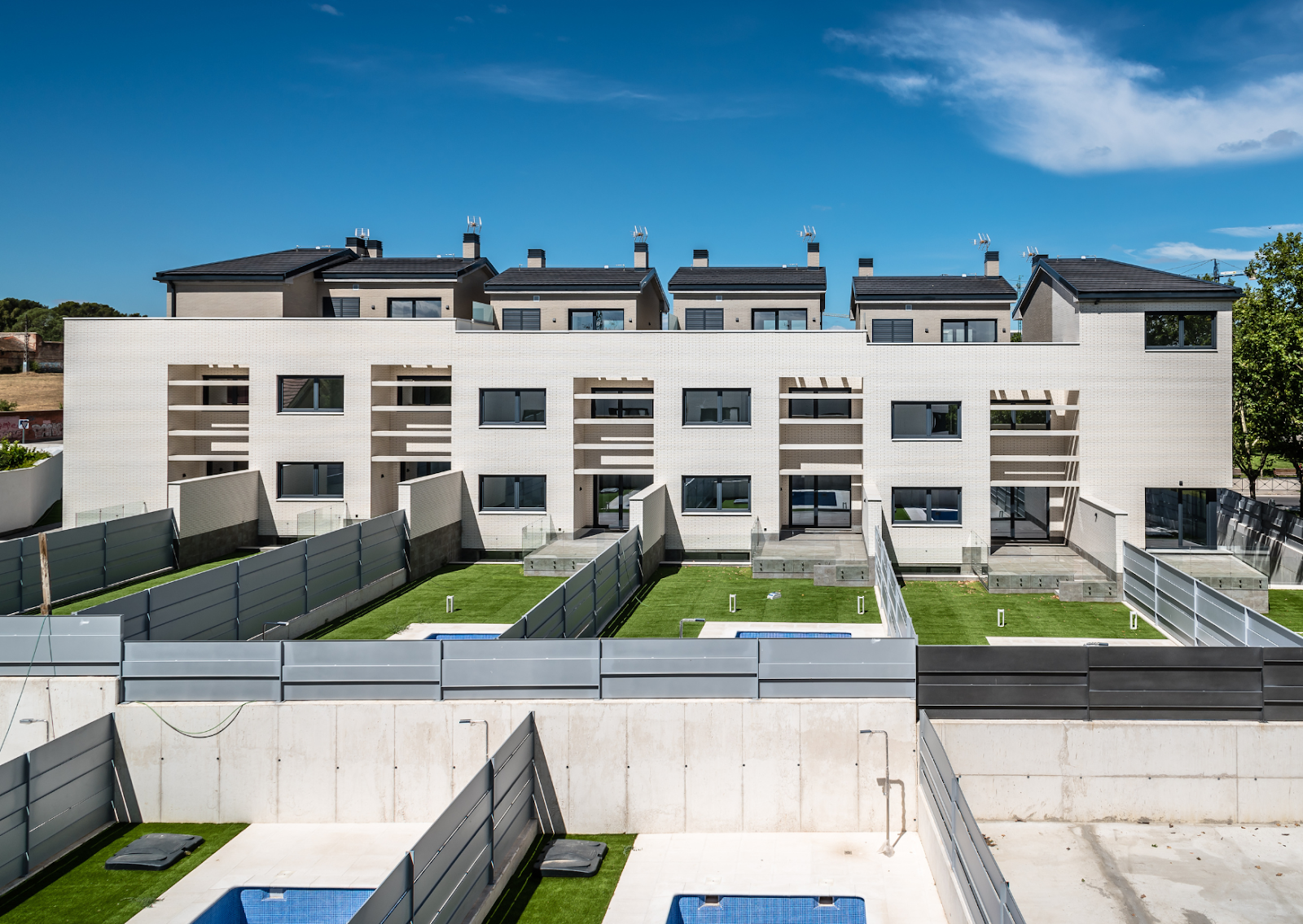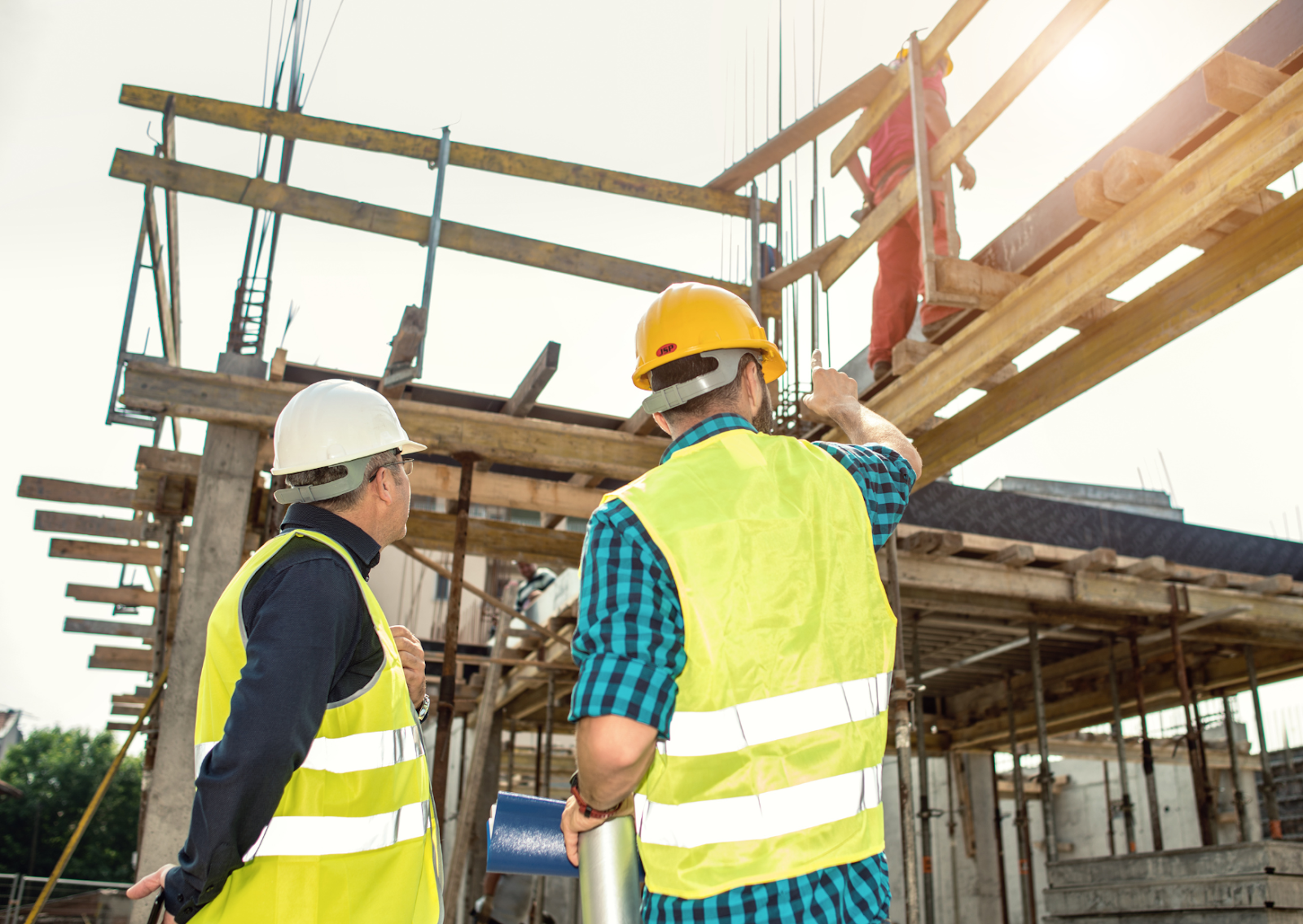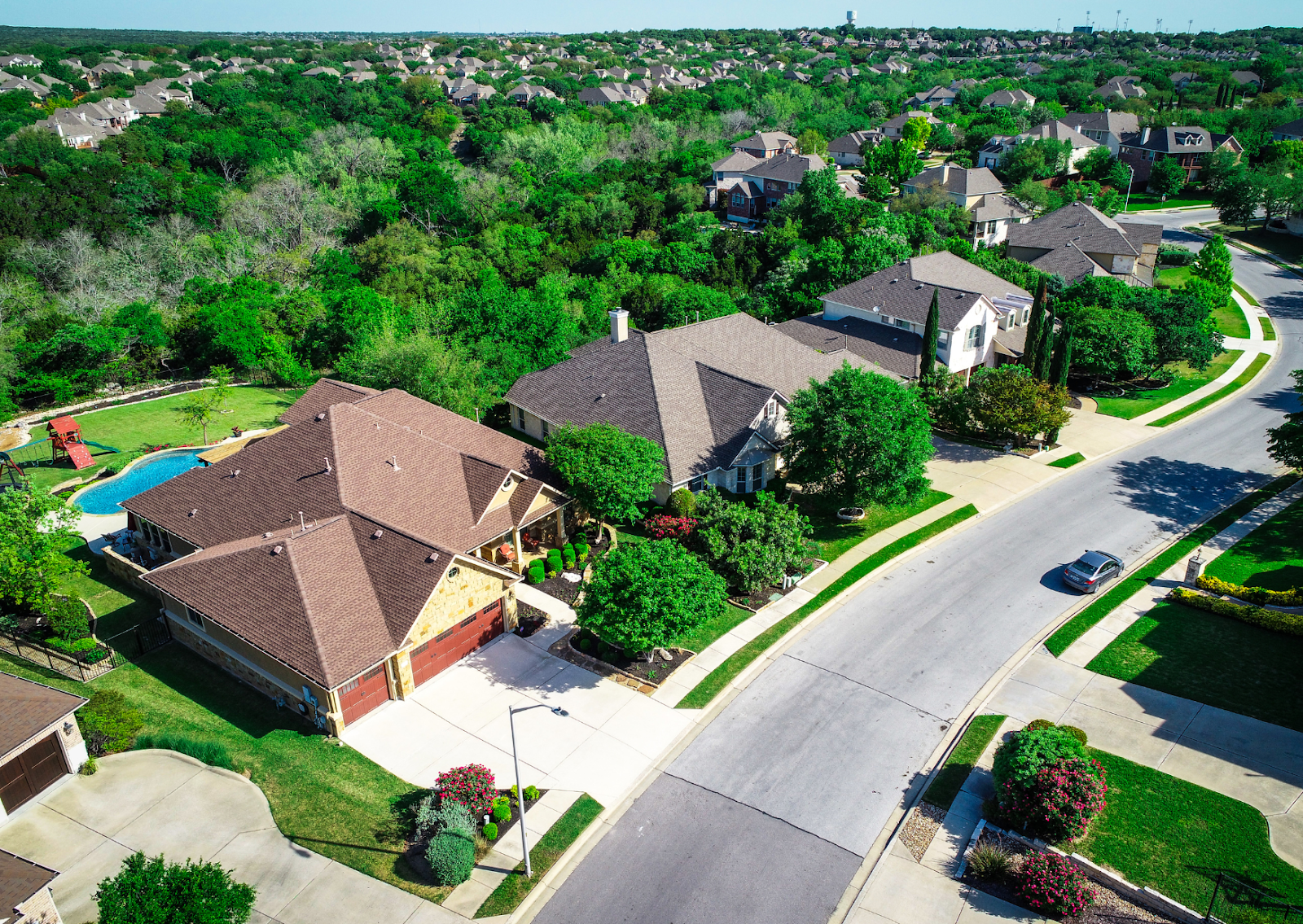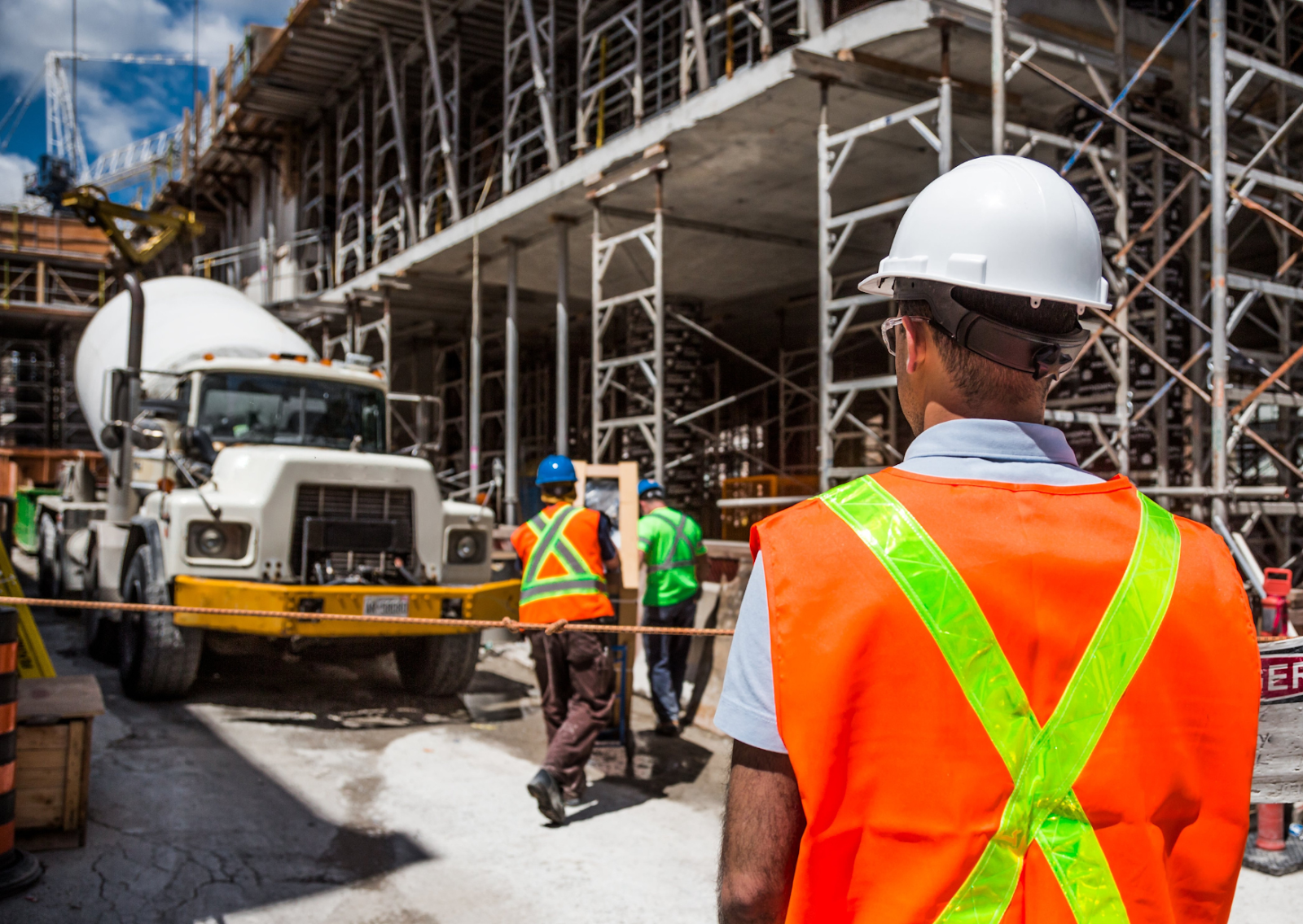What Does a Real Estate Developer Actually Do?
A real estate developer is someone who transforms land or existing buildings into profitable properties. This role involves coordinating every part of the development process, from acquiring property to construction to final sale or lease. Real estate developers act as visionaries and project managers, turning ideas into tangible development projects like residential projects, office buildings, or commercial centers.
Key responsibilities of a real estate developer include:
- Identifying development opportunities
- Assessing market trends and land value
- Managing architects, contractors, and legal teams
- Securing financing and managing risk
- Overseeing the timeline and budget of the project
How Do You Start a Career in Real Estate Development?
Becoming a real estate developer doesn’t necessarily require a specific degree, but a strong foundation in real estate, finance, or business helps. Many successful estate developers begin as brokers, project managers, or construction professionals.
Steps to get started:
- Education: Study real estate, finance, construction management, or urban planning.
- Experience: Gain hands-on experience in property management, brokerage, or construction.
- Networking: Connect with other developers, contractors, and city planners.
- Capital: Either raise capital or partner with investors.
What Skills Do You Need to Succeed as a Developer?
A successful real estate developer needs a wide range of skills. Unlike brokers or property managers who focus on one area, developers oversee the entire estate development process.
Important skills include:
- Financial analysis and budgeting
- Project management and scheduling
- Negotiation and communication
- Market research and planning
- Regulatory compliance and permitting
These competencies help developers manage risk, control costs, and deliver value in every phase of the project.
Why Is Market Research Critical in Real Estate Development?
Before launching any real estate development, you need to understand the market. Market research ensures that your project fits demand and will generate a return. It’s what separates premier developers from those who build without purpose.
Key elements to research:
- Demographics and population trends
- Local real estate pricing and absorption rates
- Competitor analysis
- Zoning and development regulations
Doing this groundwork helps developers real estate opportunities that are both profitable and sustainable.
How Do You Choose the Right Land for Development?
Land selection is foundational in real estate development. A poor location can make even the best-designed project fail. Developers must assess land for its usability, zoning, environmental concerns, and growth potential.
Factors to consider:
- Access to transportation and infrastructure
- Nearby amenities and services
- Soil and environmental quality
- Zoning restrictions and land use plans
Every experienced estate developer knows that the right piece of land can determine the entire project’s success.
What’s Involved in the Real Estate Development Process?
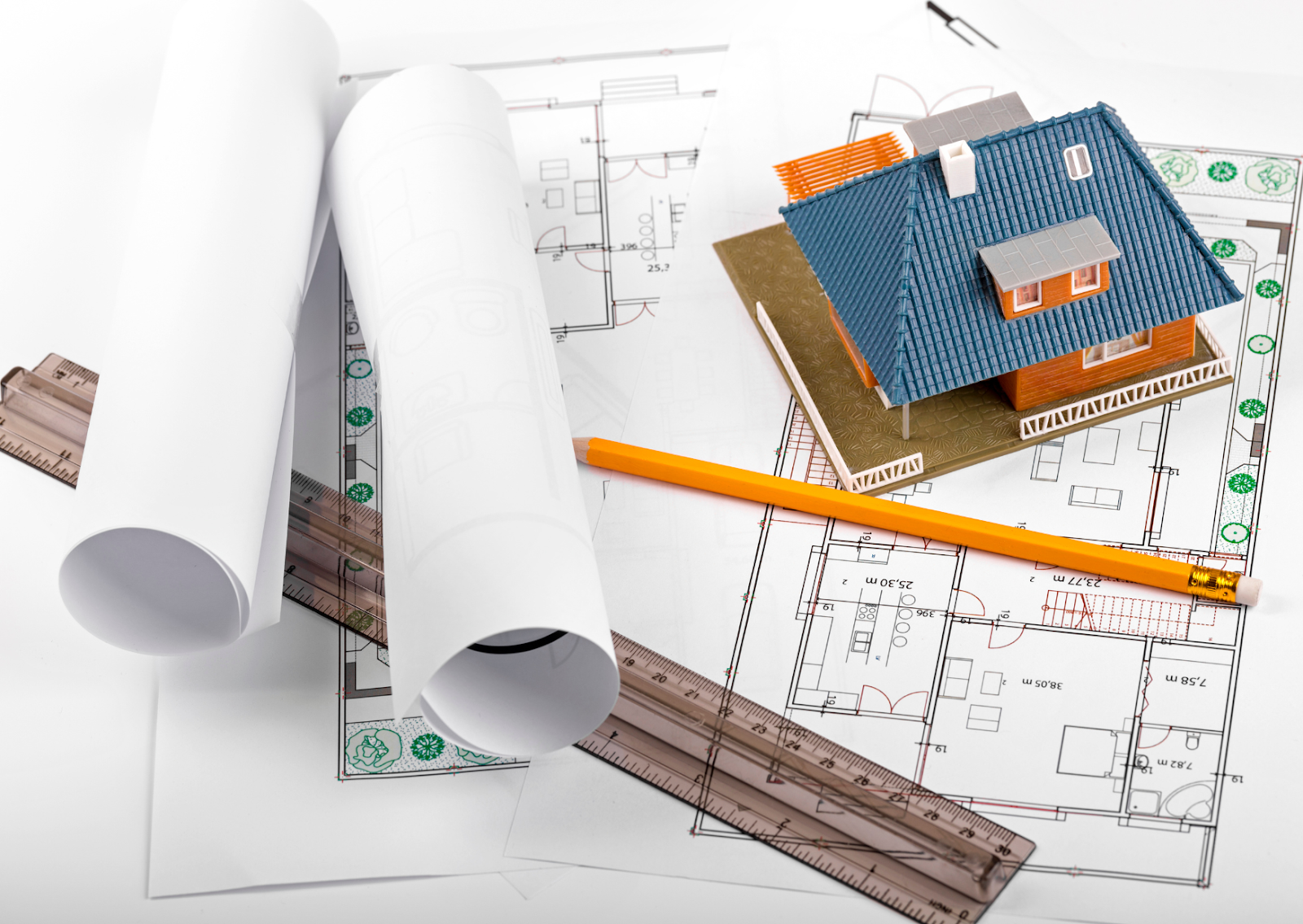
The development process is a multi-stage journey. Whether you’re a beginner or an experienced developer commercial expert, following a structure is essential.
Here are the common stages:
- Site Selection and Acquisition
- Feasibility Analysis
- Design and Planning
- Permitting and Approvals
- Financing
- Construction Management
- Marketing and Leasing/Sale
Each step requires coordination between many professionals, including engineers, architects, legal teams, and project managers.
How Do Developers Manage Projects Efficiently?
Real estate developers often work on multiple projects. Without effective project management, delays and budget overruns are inevitable.
Project management tips:
- Use software to track progress, costs, and schedules
- Set clear milestones and deliverables
- Communicate regularly with contractors and teams
- Monitor cash flow and funding milestones
Skilled developers treat each project like a business, using strong management practices to stay on course.
How Can You Finance Real Estate Development?
Financing is a critical part of any development. It’s what allows developers to transform a concept into a physical space. The size and complexity of development projects often require multiple funding sources.
Common financing options:
- Construction loans
- Private investors or partnerships
- Real estate investment trusts (REITs)
- Government programs or grants
Having a solid business plan and risk mitigation strategy helps you secure funds and win investor confidence.
What Types of Real Estate Development Can You Focus On?
Not all developers specialize in the same types of projects. Understanding the different paths helps you find your niche.
Examples of development types:
- Residential projects: Homes, apartments, townhouses
- Commercial real estate: Office buildings, shopping centers
- Mixed-use developments: Combination of residential and commercial
- Industrial developments: Warehouses and factories
- Redevelopment: Renovating existing properties
Choosing a focus allows you to build a reputation and expertise in a specific part of the industry.
How Can You Stay Competitive in a Changing Industry?

The real estate industry is constantly evolving. From changing building codes to shifts in buyer behavior, developers must adapt.
Tips to stay ahead:
- Stay informed with industry news and local trends
- Invest in continuing education
- Collaborate with innovative partners
- Adopt green building and sustainability practices
Ultimately, becoming a successful real estate developer means never being stagnant. You must grow with the market and your clients’ needs.
Ready to Build the Future? Let MID Construction Group Help
Whether you’re planning your first development or managing multiple projects, the right partner makes all the difference.MID Construction Group offers expert services across all stages of real estate development. From design to delivery, they help estate developers bring bold visions to life.
Explore how MID Construction Group can support your next project today.
Final Thoughts
Becoming a successful real estate developer takes time, strategy, and a deep understanding of the full development cycle. From selecting the right land to securing financing and managing construction, each step requires careful planning. With a mix of technical know-how and creative vision, anyone committed to the craft can succeed in the real estate development world. And with experienced partners like MID Construction Group, you don’t have to go it alone.
Works Cited
Geltner, David, et al. Commercial Real Estate Analysis and Investments. OnCourse Learning, 2013.
U.S. Department of Housing and Urban Development. “Affordable Housing Development.” HUD.gov, https://www.hud.gov/program_offices/comm_planning/affordablehousing/. Accessed 24 June 2025.
National Association of Home Builders. “Land Development Checklist.” NAHB.org, https://www.nahb.org/Advocacy/Industry-Issues/Land-Use-and-Zoning. Accessed 24 June 2025.
Urban Land Institute. Emerging Trends in Real Estate 2024. ULI, 2024, https://uli.org.
American Planning Association. “Planning for Land Use.” Planning.org, https://www.planning.org/knowledgebase/landuse/. Accessed 24 June 2025.
Frequently Asked Questions:
1. What does a real estate developer do?
A real estate developer oversees the entire process of transforming land or buildings into profitable properties, including planning, financing, construction, and marketing.
2. How can I start a career in real estate development?
Start by gaining education in real estate, business, or finance, followed by hands-on experience in related fields like brokerage or construction. Networking and capital access are also key.
3. What skills are essential for a successful real estate developer?
Important skills include financial analysis, project management, market research, negotiation, and regulatory knowledge.
4. How do developers choose the right land for development?
They consider factors such as location, infrastructure, zoning regulations, environmental quality, and long-term growth potential.
5. What are the main stages of the real estate development process?
The stages include site selection, feasibility analysis, planning and design, permitting, financing, construction, and finally, marketing and selling or leasing the project.

